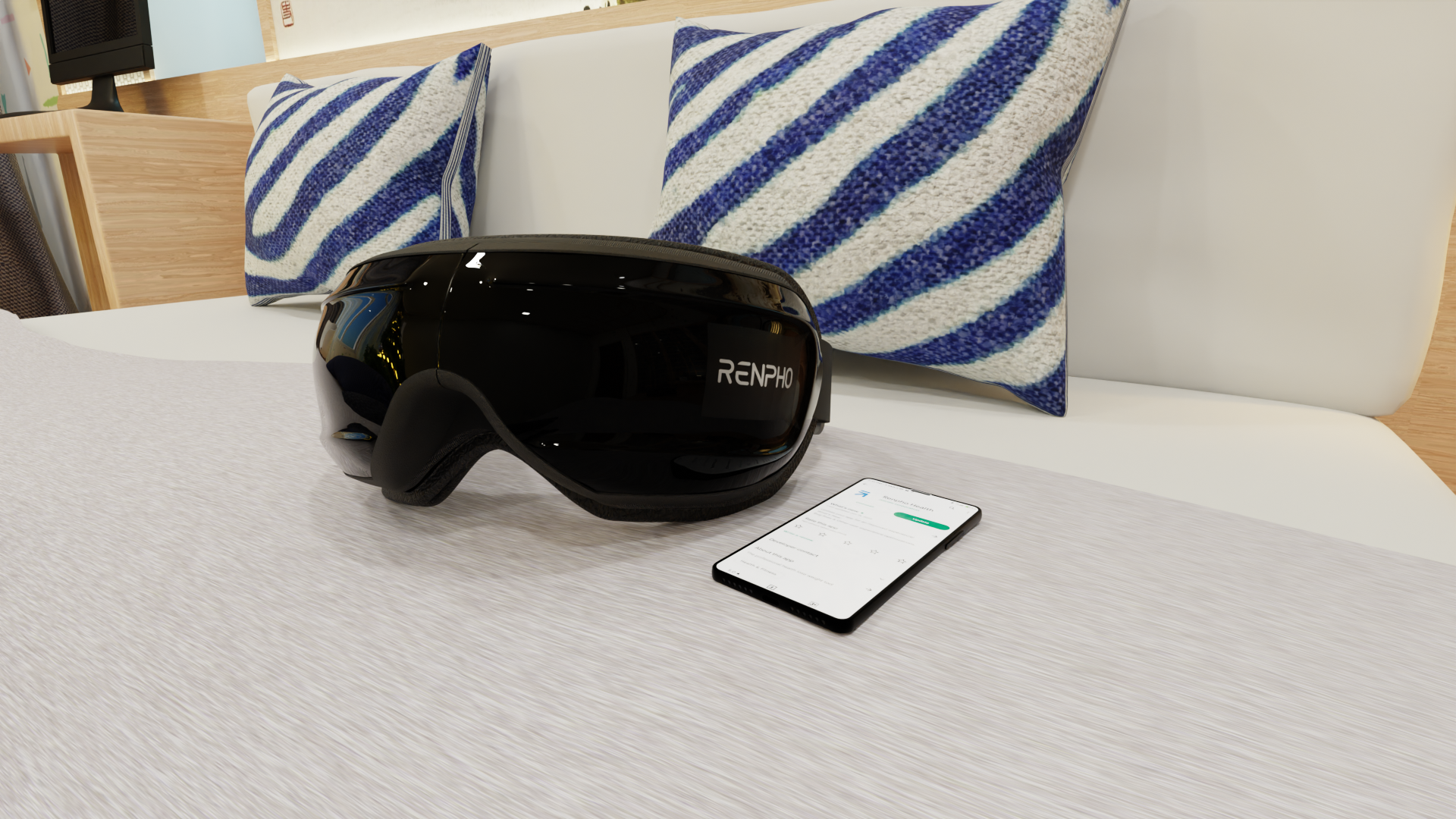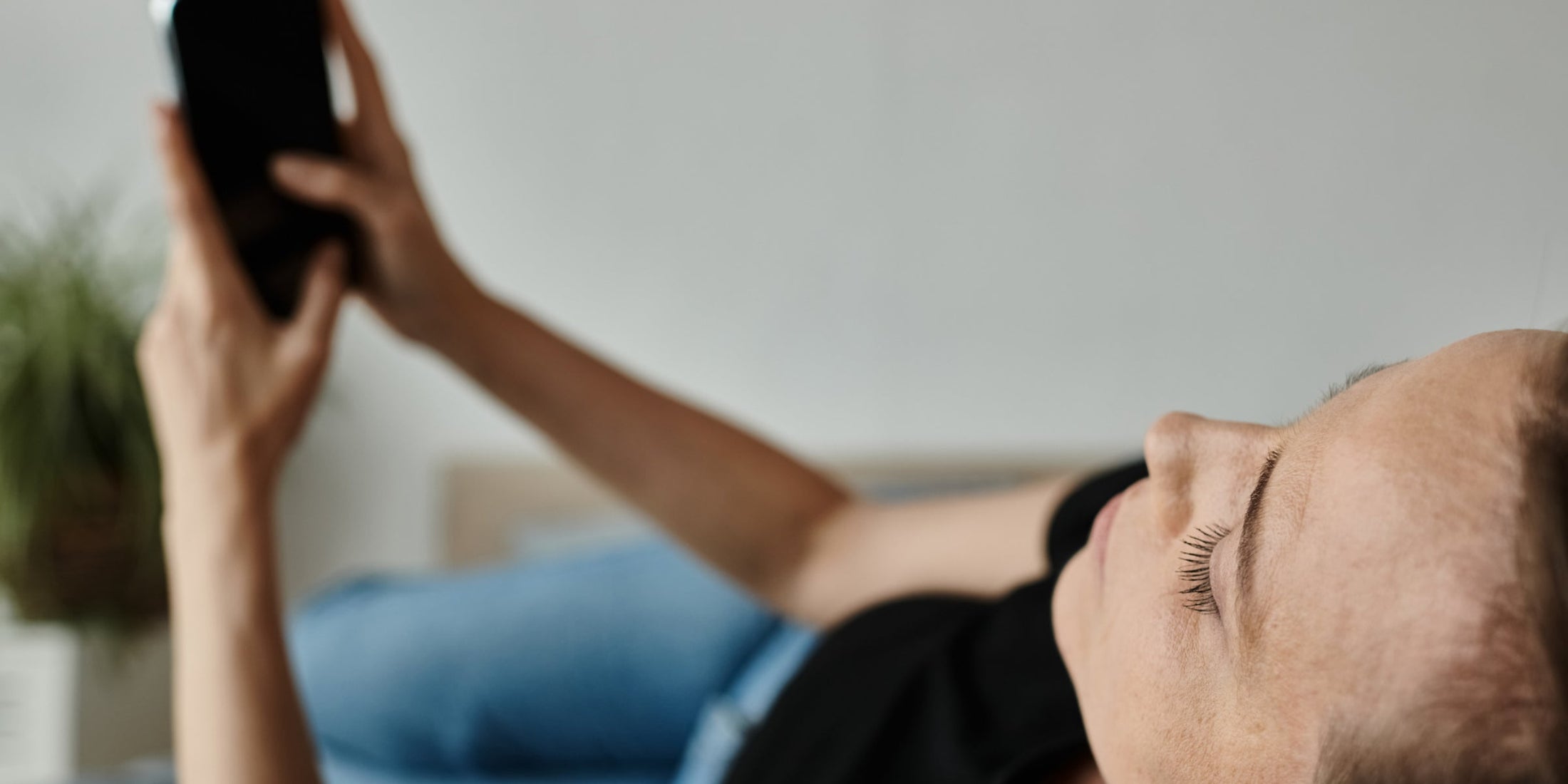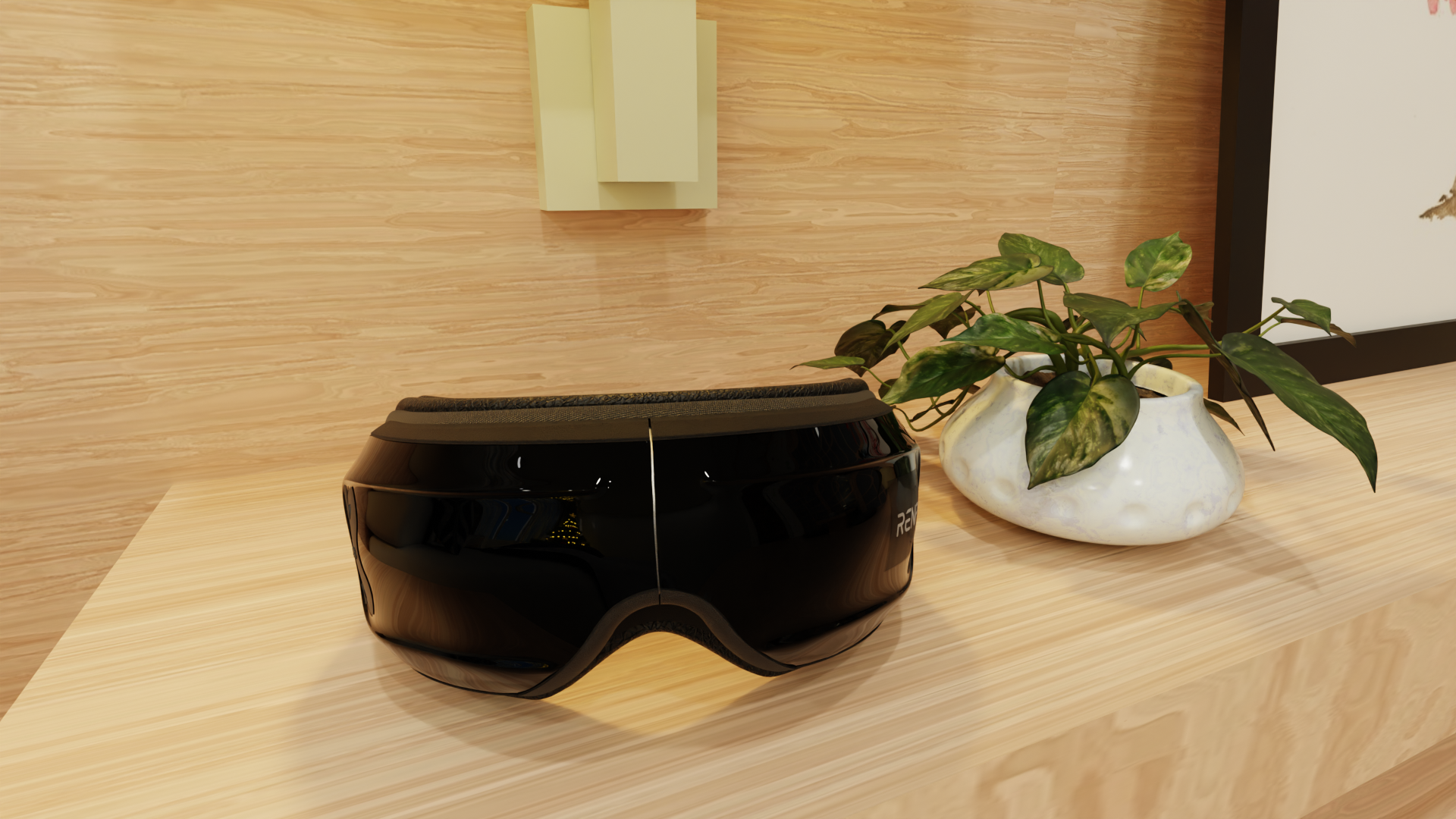Good sleep is important for general health and well-being, such as for good physical health, emotional balance, and cognitive function. Sleeping involves the repair of tissues, development of muscle mass, or bone strengthening, and secretion of hormones will be regulated effectively. In addition, it also aids in memory consolidation and emotion processing, which are important features for mental health maintenance.
Here are five practical tips that would help you improve your sleep quality. Whether you get afflicted once in a while or are generally poor at getting the amount of rest you should have, these suggestions will help you get your most refreshing, reparative night's sleep.
Tip 1: Establish a Consistent Sleep Schedule

A good sleep routine involves setting a regular sleep schedule. Setting the time for sleeping and waking up at the same time daily, even during weekends and holidays, helps to achieve this. The consistency of your sleeping schedule acts to help regulate the internal clock of your body known as the circadian rhythm.
The circadian rhythm is the natural, internal process occurring in every living organism to control the sleep-wake cycle. It repeats roughly every 24 hours and is usually referred to as the "internal clock." By continuing to fall asleep and wake up at the same times, one becomes accustomed to the pattern, and it is easier to sleep and wake up. Consistency allows for more restorative sleep: your body knows when it will sleep and when it will be expected to be awake.
Determine what time you should go to bed and wake up to have 7-9 hours of sleep, since that is what most adults need to feel rested. Gradually readjust your current sleep/wake times by 15-30 minutes every day until you reach those times. Try to follow this schedule as close to possible, even on weekends, in order to help reinforce your body's natural sleep-wake cycle.
Tip 2: Create a Relaxing Bedtime Routine
@savviduo Get the best eye massage of your life! #eyeris3 #renpho #renphorelax #renphoeyemassager ♬ original sound - BigBoySales
It can be truly effective to establish a bedtime routine that signals to your body that it's time to sleep. Engaging in relaxing activities before bedtime helps your mind and body relax, paving the way for falling asleep more easily and sleeping through the night without waking up to feel rested by morning.
Consider adding the following activities to your wind-down routine:
- Reading: Pick a book or magazine that you find amusing but not one that puts your gray matter to work. It relaxes your mind, easing you into your sleep mode.
- Taking a Warm Bath: Relaxes your muscles and cools your body temperature to give you sleep. You can add calming scents to make this even more relaxing.
- Meditating or deep breathing: Such techniques can calm your mind and cut down on your stress. Some great techniques, including mindfulness meditation and progressive muscle relaxation, may really work well to help prepare your body for sleep.
- Using the RENPHO Eyeris 3 Eye Massager: The innovative, hands-free acupressure heat and cooling gel mask device soothes tired eyes. The Eyeris 3 can help reduce eye strain, puffiness, and stress. It can be part of the perfect addition to your bedtime routine. Because of voice commands and custom settings, you can tailor the massage to your liking for an at-home spa experience.
It is also worth avoiding screens and stimulating activity in the time leading up to bed. The blue light from phones, tablets, and computers prevents melatonin from being produced—a hormone used by the brain to control sleep. If the brain is being activated through activities like vigorous exercise or watching thrilling television programs, it will race and not be able to quiet down.
You can do this by dedicating at least 30 minutes before sleeping to these nighttime sleep-enhancing activities. This time spent winding down will signal to your body a separation between a busy day and night and, hence, will help your body get into sleep mode more easily.
Tip 3: Optimize Your Sleep Environment

A comfortable and quiet sleep environment is good for sleep. The bedroom is where rest and relaxation need to be nurtured. Here is how you can make your bedroom a sleep haven:
- Use blackout curtains: These will block outside light that might interfere with sleeping. Darkness sends the right signals to the body that it's time to sleep, and that helps in regulating the circadian rhythm.
- Sleep in a cooler environment: The best sleeping temperatures are between 60-67°F or 15-19°C. A cool room can help an individual fall further into sleep faster, and staying that way,
- Reduce noise: Try to use earplugs or even a white noise machine in order to mask jarring sounds. Consistent noise is able to provide a more conducive sleep environment.
- Invest in a good mattress and pillows: It is great to have mattresses and pillows that are very supportive, so the correct spinal alignment can be retained without compromising overall comfort. Buy yourself a mattress and pillows fitted for your sleeping style and preference.
By optimizing the sleep environment, you create space that invites restful, uninterrupted sleep—in other words, better health and well-being
Tip 4: Watch What You Eat and Drink

What you eat, especially at bedtime, has much to do with how well you will sleep. Here are a few things to take into consideration:
- Avoid Caffeine and Alcohol Close to Bedtime: Caffeine is essentially a stimulant and thus interferes with sleep; hence, it should be best avoided at least 6 hours before going to bed. Similarly, alcohol, though it may make a person drowsy initially, disrupts the sleep-wake cycle ultimately and makes the sleep fitful.
- Avoid Heavy Meals: Try not to have heavy or rich foods in the late evening hours; this may lead to discomfort and indigestion, which is not good sleep hygiene. Eat 2-3 hours prior to retiring to bed.
- Opt for Light Snacks: If you feel starving before going to bed, have light snacks that would give just enough to induce sleep, such as a small quantity of nuts, a banana, or a glass of warm milk. These contain sleeping nutrients.
By observing what one ingests and drinks, one can keep off the disturbance in sleep, and in turn they will have a restful night.
Tip 5: Manage Stress and Anxiety

Anxiety and stress are common culprits that disturb sleep. Managing such feelings greatly improves the quality of sleep. Some techniques to help manage your stress and anxiety are mentioned below:
- Breathing Exercises: The habit of deep breathing can relax your mind and body. Diaphragmatic breathing or the 4-7-8 technique can be quite effective.
- Journaling: Before you go to bed, jot down all those thoughts and apprehensions that are bothering you. This will unclutter your mind and lessen anxiety. You can also identify sources of stress and make attempts to eliminate them.
- Seek Professional Help: If your stress and anxiety are impacting your sleep significantly, you might seek help from a mental health professional. It is in therapy that you will learn how to manage these feelings.
- Regular Exercise: Exercise decreases stress naturally. Regular physical activity can help lower stress and thereby improve sleep. Aim for at least 30 minutes of moderate exercise most days of the week but not too close to bedtime.
By practicing these techniques of stress management, one can reduce the impact of sleep caused by stress and anxiety. Therefore, anyone who learns these techniques will sleep better and wake up fresher.
Renpho Health Tips
-

Eye Strain Relief: Why You Need an Eye Massager This Labor Day Weekend
September 5, 2024
Read more >
-

Relax and Recharge: Celebrate Labor Day with the RENPHO Eyeris 3 Eye Massager
September 3, 2024
Read more >
-

A Moment of Respite: Gifting a Cooling Eye Mask to the Women in Your Life on Equality Day
August 26, 2024
Read more >
-

Unplug and Recharge: 5 Simple Ways to Practice Digital Self-Care on Internet Self-Care Day
August 21, 2024
Read more >
-

Digital Detox for Your Eyes: Combating Computer Eye Strain with an Under Eye Mask
August 21, 2024
Read more >



































